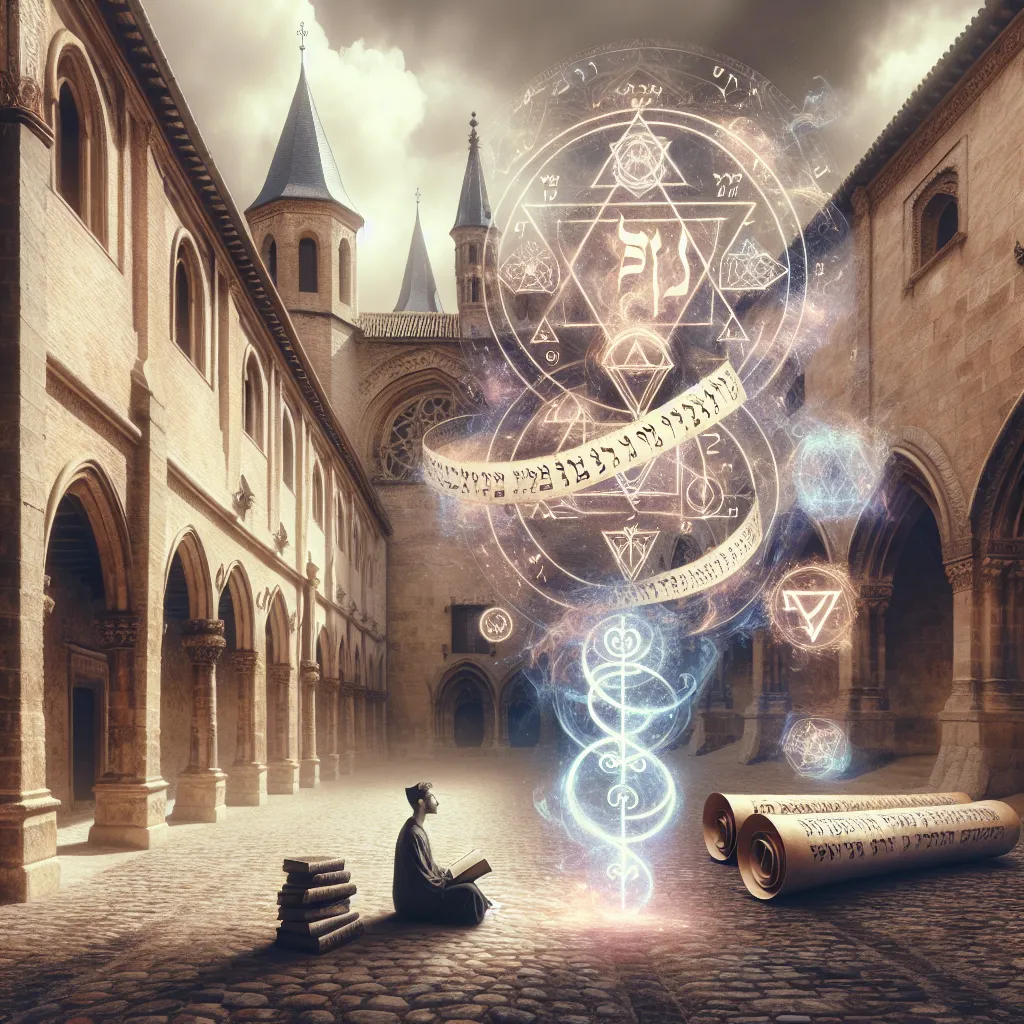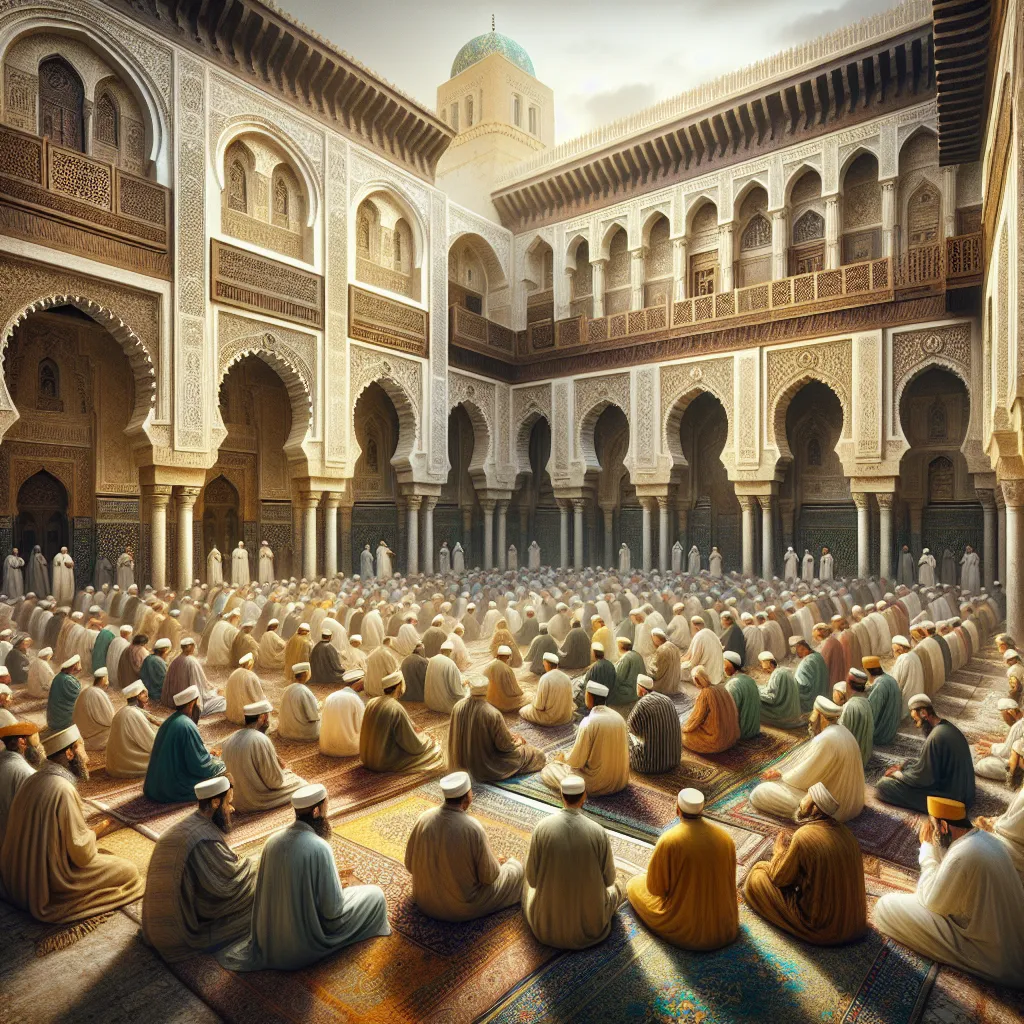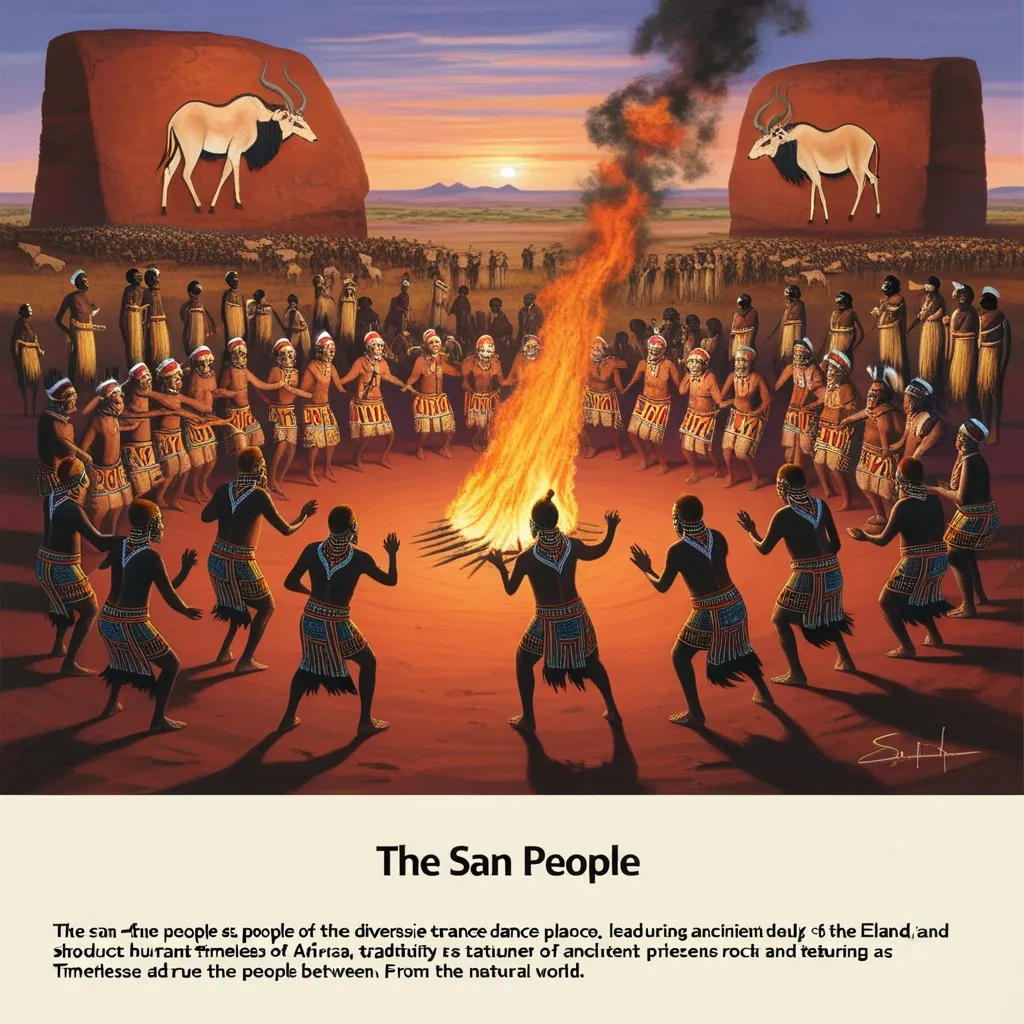Kabbalah, once a mystical, esoteric tradition known only to a few, has surged into the mainstream spotlight over the past few decades. Celebrities like Madonna have been part of this burgeoning interest. While Kabbalah is often simply labeled as Jewish mysticism, that term barely scratches the surface. This spiritual practice is ancient and complex, evolving through centuries with various forms and interpretations in Jewish thought.
One of the most intriguing figures in this tradition is Abraham Abulafia, a mystic from the 13th century. Born in Saragosa, Spain, in 1240, Abulafia had a life marked by both intellectual curiosity and political turbulence. He’s known for introducing a type of Kabbalah that scholars now call ecstatic or prophetic Kabbalah, quite distinct from the more well-known theosophical Kabbalah linked to works like the Zohar.
Abulafia’s method diverged from traditional Kabbalistic paths, focusing intensely on mystical experiences through meditation and the sacred Hebrew letters. His journey began with traditional studies of the Torah and Talmud, but a trip to the Holy Land and subsequent travels around Greece and Italy would refine his approach. Exposure to philosophical writings, especially those of Maimonides, deeply influenced his thought.
Maimonides, a giant in Jewish philosophy, had a rationalist approach grounded in Aristotelian philosophy. Abulafia soaked in these ideas, even as his practices veered into the mystical. He eventually returned to Catalonia, where the Kabbalistic scene was thriving, and took to integrating these rational philosophies with esoteric practices.
Abulafia believed in profound unity with the divine, achieved through meditative practices involving the divine names and Hebrew letters. His famed techniques included chanting these names and manipulating the letters in various combinations, both written and verbal. These practices aimed to elevate the soul, inducing a mystical state he described as cleaving to God.
His vision of prophecy was not one of predicting the future but of achieving a deep union with the divine intellect. Such beliefs set him apart and, predictably, garnered both admiration and severe criticism. Prominent Jewish scholars like Solomon ibn Adret condemned him vehemently, branding him a fraud.
Despite the controversies, Abulafia’s influence survived. His practices and ideas echoed through later generations, even influencing significant movements like the 16th-century Kabbalists of Safed and the Hasidic movement. His unique blend of rational Maimonidean philosophy and mystical Kabbalah is a testament to his intellectual agility and visionary outlook.
Abulafia’s contributions can’t be understated. They’re a reminder of how deep and varied the currents of Kabbalistic thought run, touching everything from medieval philosophy to modern spirituality. Understanding figures like him is critical to grasping the broader tapestry of Jewish mystical tradition.
Whether you see him as a prophet or an intellectual rebel, Abraham Abulafia’s legacy is undeniably captivating and continues to inspire awe and curiosity in the mystical aspects of Judaism.






